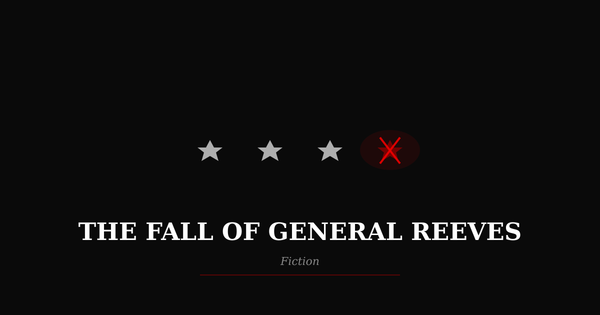Magic Money
Money From Nothing
The government creates money by typing numbers into computers. This isn't complicated. The Federal Reserve adds zeros, so money exists. No gold. No vault. Just keystrokes and the full faith of people who pay their taxes in dollars.
This drives fiscal hawks insane. They want money to come from somewhere "real"—as if their paycheck materializes from thin air but government spending doesn't. The difference isn't where money comes from. It's what happens when you spend it.
Fiat money doesn't create wealth. It mobilizes resources (The Wealth of Nations) that already exist. Unemployed construction workers. Idle equipment. Materials sitting in warehouses. The government prints dollars, and suddenly these unused resources get organized into something useful.
The trick isn't creating money. It's knowing when to do it.
Nobel Prize Winners Aren't Wrong
Paul Krugman won his Nobel for understanding trade patterns, but he's spent decades explaining something simpler: government spending doesn't automatically cause inflation when people need jobs.
Print money during a recession? You get employment. Print money when everyone's already working? You get inflation. The math isn't subtle. The politics are.
Krugman has watched policymakers ignore this for years. They slash spending during recessions, prolonging misery. They worry about deficits when unemployment is high and ignore inflation risks when the economy overheats.
It's not ignorance. It's choice.
The Scarcity Lie
Bean counters treat government budgets like household checkbooks. "We can't spend what we don't have." Except households can't print currency. The comparison is either stupid or dishonest.
Take your pick.
The same people screaming about fiscal responsibility for school funding go silent when defense contractors need another trillion for jets that don't fly. Suddenly, money appears. The constraint was never real—it was political.
Government spending is limited by resources, not money. No construction workers available? Throwing cash at infrastructure creates inflation, not roads. But when workers sit idle while bridges collapse, refusing to spend isn't virtue. It's sabotage.
The Real Constraint
Modern Monetary Theory gets this right, even when its supporters oversell the case. Yes, sovereign governments can create money. No, this doesn't mean infinite spending without consequences.
The constraint is capacity. Can the economy absorb what you're trying to do? Are there people available to do the work? Will your spending compete with existing demand or fulfill unmet needs?
These are real questions requiring real answers. Not ideology disguised as economics.
Cui Bono
Artificial scarcity serves the wealthy. When government refuses to employ people directly, workers compete for whatever private jobs exist. Wages stay low. Desperation stays high.
The system works perfectly—for those who already have enough.
We could eliminate unemployment tomorrow. We could rebuild infrastructure without impoverishing anyone. We could provide healthcare, education, and housing as public goods instead of private extraction opportunities.
The tools exist. The knowledge exists. Nobel Prize winners have explained exactly how to use them responsibly.
What's missing is the political will to ignore the bean counters and use monetary policy for public benefit instead of private profit.
The money isn't real. The resources are. The choice is ours.





